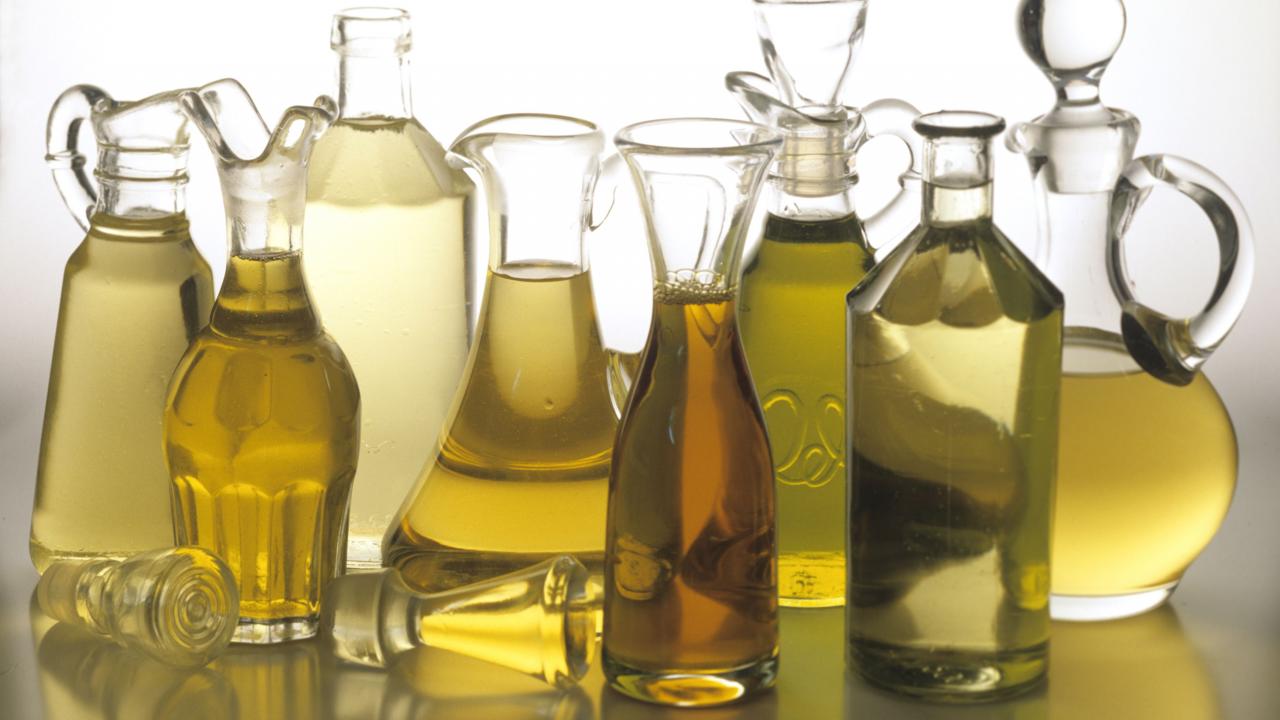
What Does Science REALLY Say About Vegetable Oils and Cancer?
The Woman's lifestyle magazine M2Woman recently ran the headline "Science reveals that this commonly used kitchen staple is carcinogenic" The accused kitchen staple is vegetable oil: canola, sunflower, and olive specifically. M2Woman claims these common cooking emollients are "proven to be carcinogenic".
But what does the science really say about vegetable oils and cancer?
Following heating, refining, or storage, all oils can break down into different chemical compounds. Some of these compounds are considered carcinogenic, but they are not unique to oils. These compounds can also be produced when vegetables or meats undergo certain processing steps like grilling, smoking, roasting, or frying. Studies showing these compounds to be carcinogenic have mainly focused on the risk of inhaling cooking oil fumes. While this is certainly a risk to industrial kitchen workers, it's not such a big deal for your nightly meal prep.
The study cited by M2Woman focused on a particular type of oil breakdown product caused by oxidation. Oxidation is a normal process that occurs in the breakdown of all fats. Some oxidation products are even essential to the flavor of our favorite foods. But food goes "rancid" when too much oxidation has occurred. Vegetable oils, especially extra virgin oils, are actually particularly stable because they contain an abundance of antioxidants. Compounds like vitamin E and carotenoids in vegetables oils help suck up the negative products formed during fatty acid oxidation.
In the study cited, researchers monitored oils for oxidation products over 6 hours at 320 degrees Fahrenheit (the high range for deep frying). They found that all tested oils broke down, but sunflower oils did so more quickly than canola or olive oil. But according to Dr. Selina Wang of the University of California Davis Olive Center, the technique used to measure oxidation products in this study is "not considered to be a standard method for testing oil quality" and "cannot quantify or identify the exact compounds that are potentially toxic."
The main goal of the study was just to detect changes in oils during cooking. They did not actually examine the level at which those changes become hazardous, and not all oxidation products are toxic. Dr. Ameer Taha who studies oxidation of dietary fats says it is "premature to conclude that some unidentified oxidation products are carcinogenic." So the conclusion printed by M2Woman – find alternative ways of cooking...If you are in dire need of cooking oil, opt for canola or olive oil and just drop the sunflower oil in the bin – is a bit overstated. Generally, vegetable oils are a good choice for cooking. Registered Dietitian and Nutritionist Leah McGrath commented "I would not normally recommend frying foods but see nothing wrong with using oils, especially ones with higher amounts of monounsaturated fats like canola and olive to cook, bake and prepare foods. Oils can contribute not only taste but health benefits. Different oils have different properties like smoke point and taste and may provide different health benefits." Specific studies examining the oxidized fatty acids in the body in response to diets of different vegetable oils would be necessary to truly assess the relative risks.
****After this was published, M2Woman changed the headline of their article to "Science reveals that this particular vegetable oil is carcinogenic"
Jenna E Gallegos and Taylor Reiter are PhD students at the University of California in Davis. This post was written as part of a project called "Science REALLY says" which seeks to ensure scientific data is accurately represented by the media. For more content from the UC Davis science communcation group "Science Says", follow us on twitter @SciSays
Acknowledgements
We thank Dr. Selina Wang (Assistant Adjunct Professor in Food Science and Technology at the University of California in Davis), Dr. Ameer Taha (Assistant Professor in Food Science & Technology at UC Davis), and Leah McGrath, RDN for helpful comments, and Zane Moore for assistance identifying relevant experts in the field of oil chemistry.
References
Abdel-Shafy, Hussein I., and Mona S.m. Mansour. "A Review on Polycyclic Aromatic Hydrocarbons: Source, Environmental Impact, Effect on Human Health and Remediation." Egyptian Journal of Petroleum 25.1 (2016): 107-23. Web.Chang, Louis W., Lo Wai-Sze, and Lin Chiang, Tai-An, Pei-Fen Wu, and Ying-Chin Ko. "Identification of Carcinogens in Cooking Oil Fumes." Environmental Research 81.1 (1999): 18-22. Web. Kamal-Eldin, Afaf. "Effect of Fatty Acids and Tocopherols on the Oxidative Stability of Vegetable Oils." European Journal of Lipid Science and Technology 108.12 (2006): 1051-061. Web. Pinpin. "Trans, Trans-2,4-Decadienal, a Product Found in Cooking Oil Fumes, Induces Cell Proliferation and Cytokine Production Due to Reactive Oxygen Species in Human Bronchial Epithelial Cells." Toxicology Science 87.2 (2005): 337-343. Web. Vaskova, Hana, and Buckova, Martina. "Thermal Degradation of Vegetable Oils: Spectroscopic Measurement and Analysis." Procedia Engineering 100 (2015): 630-635. Web.

Comments